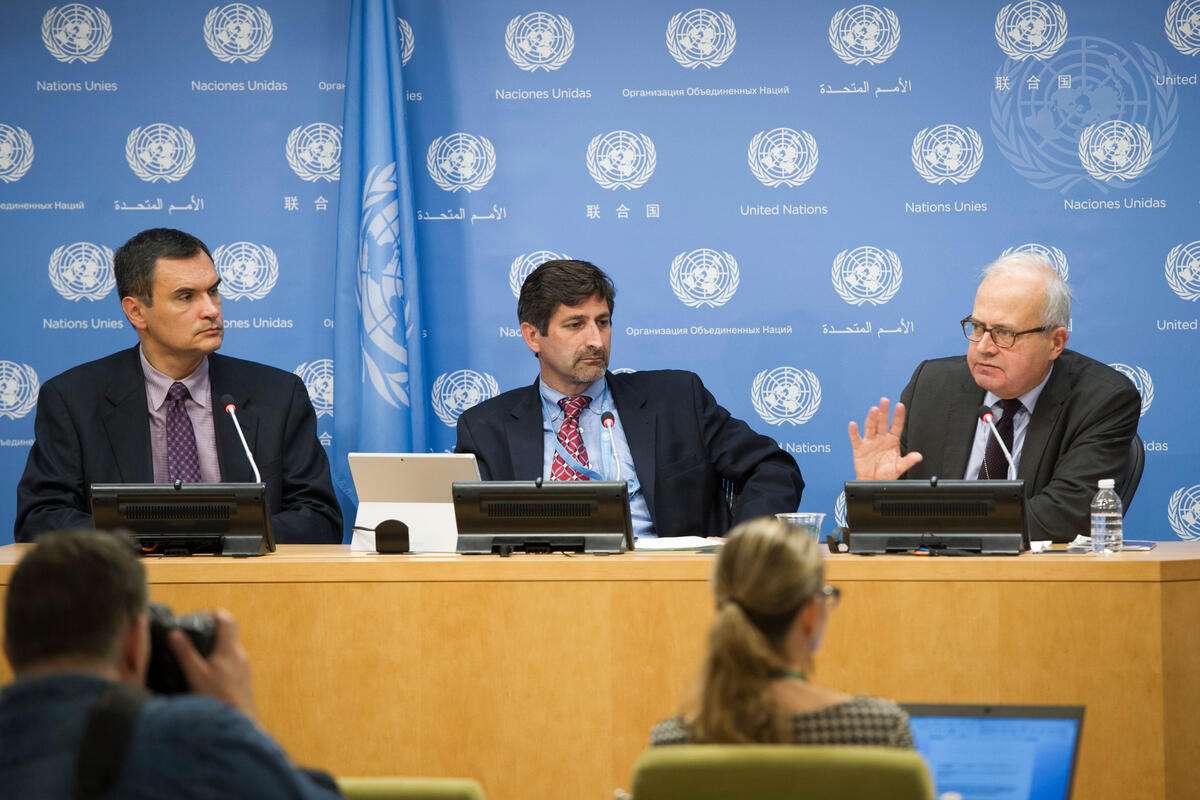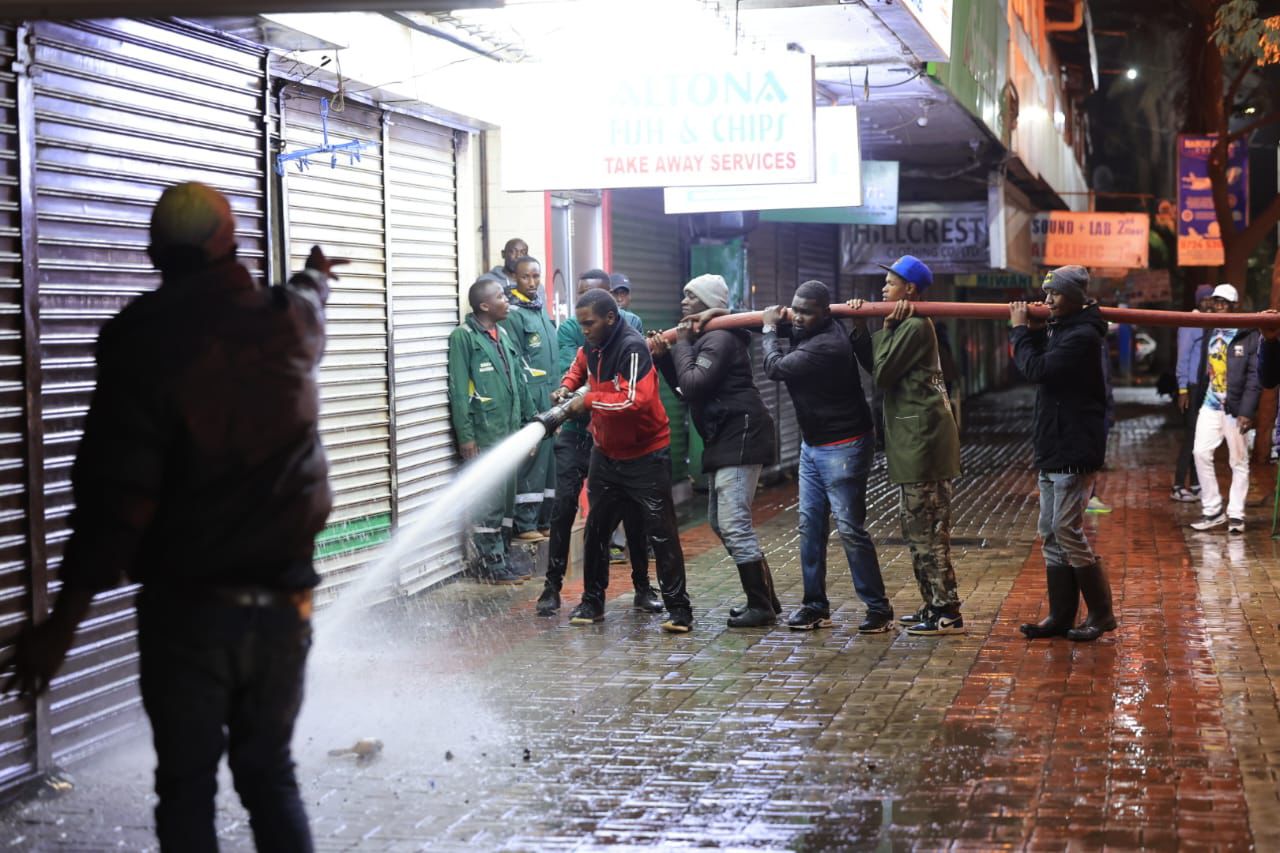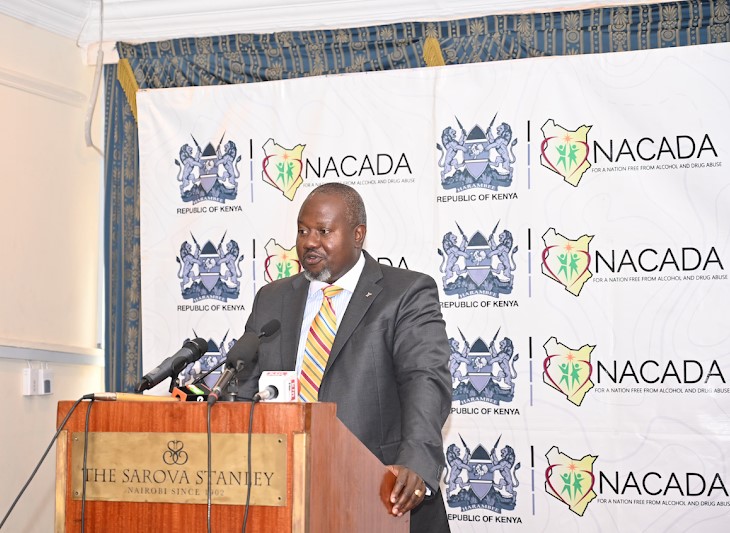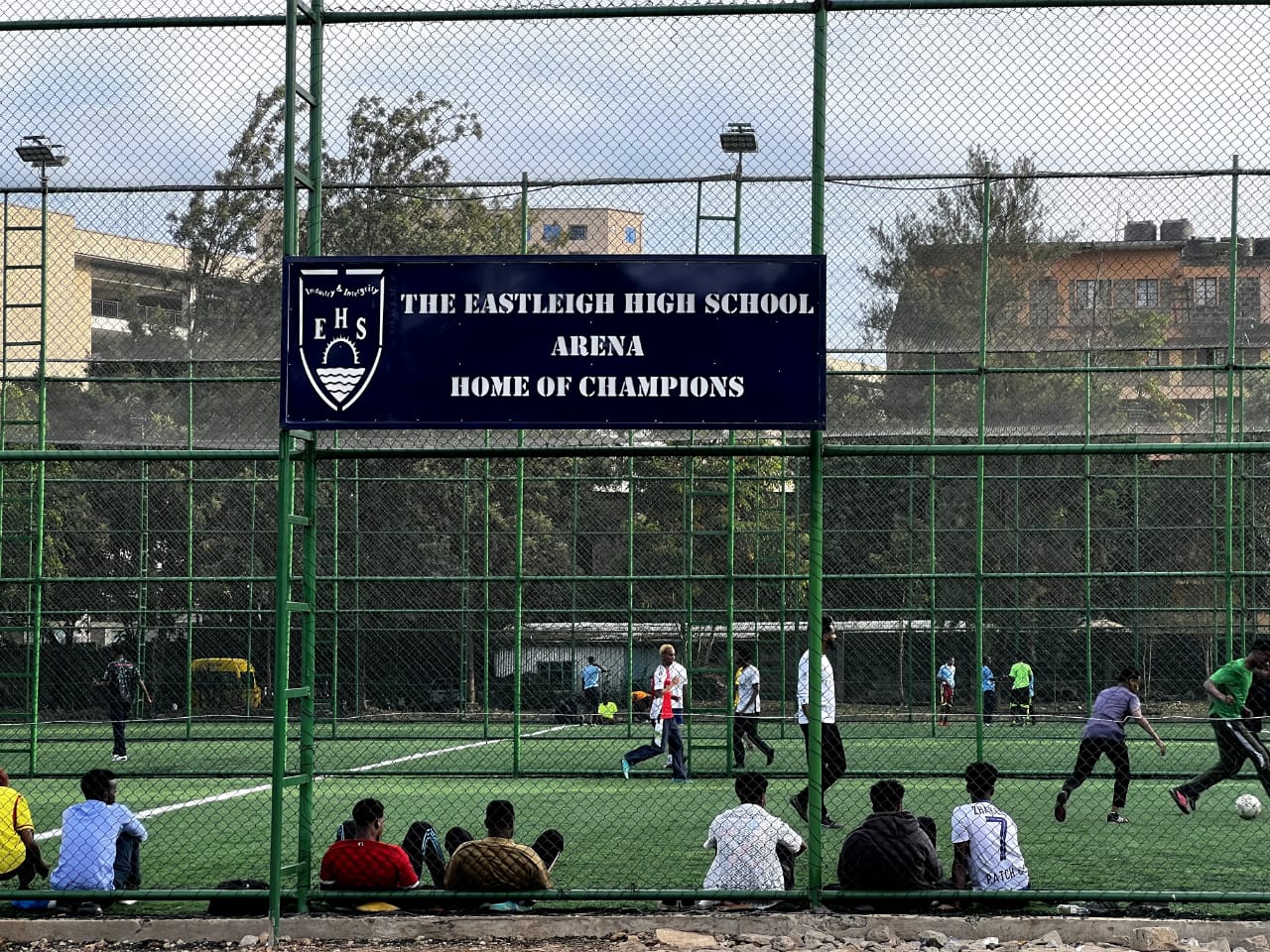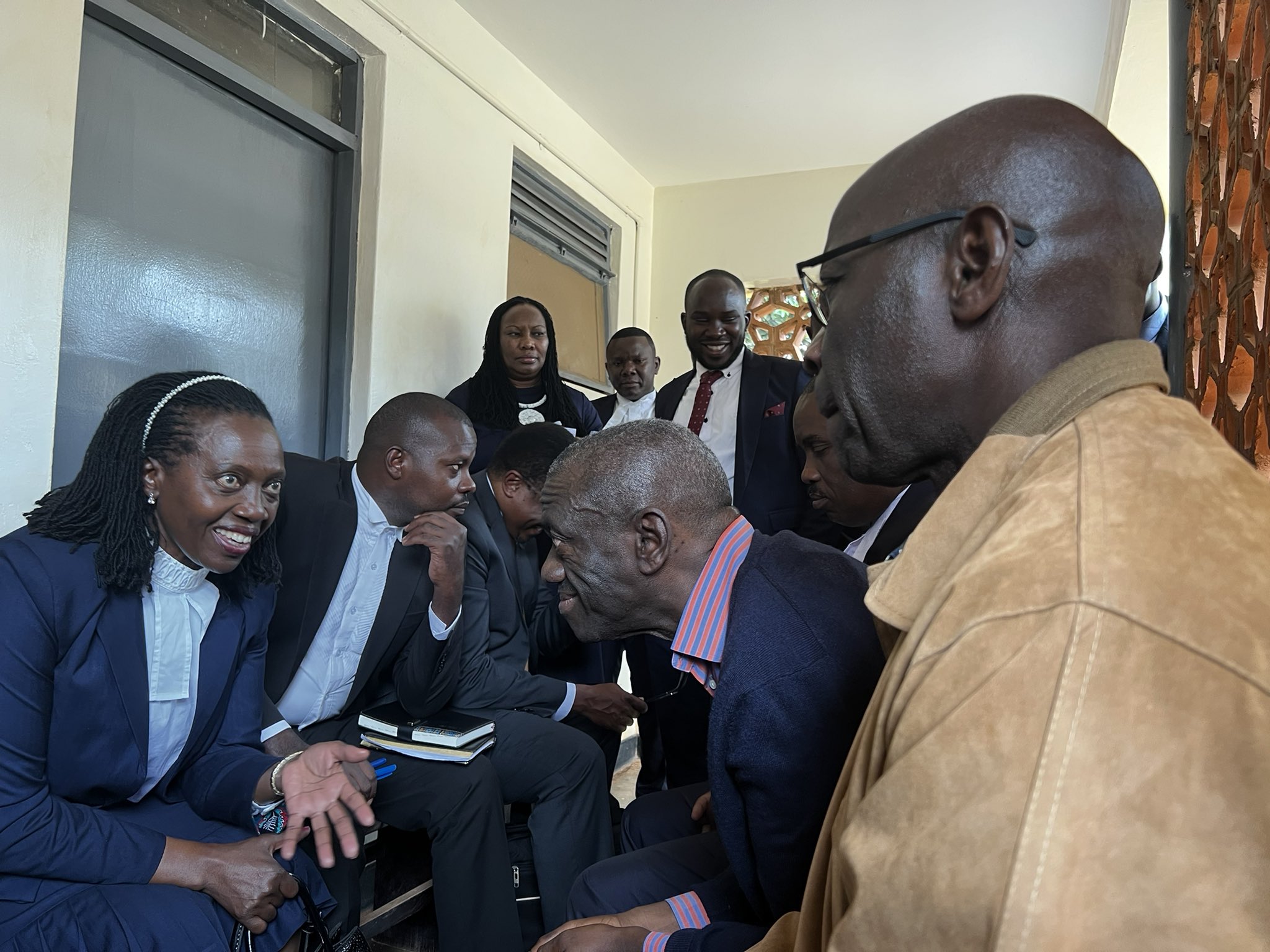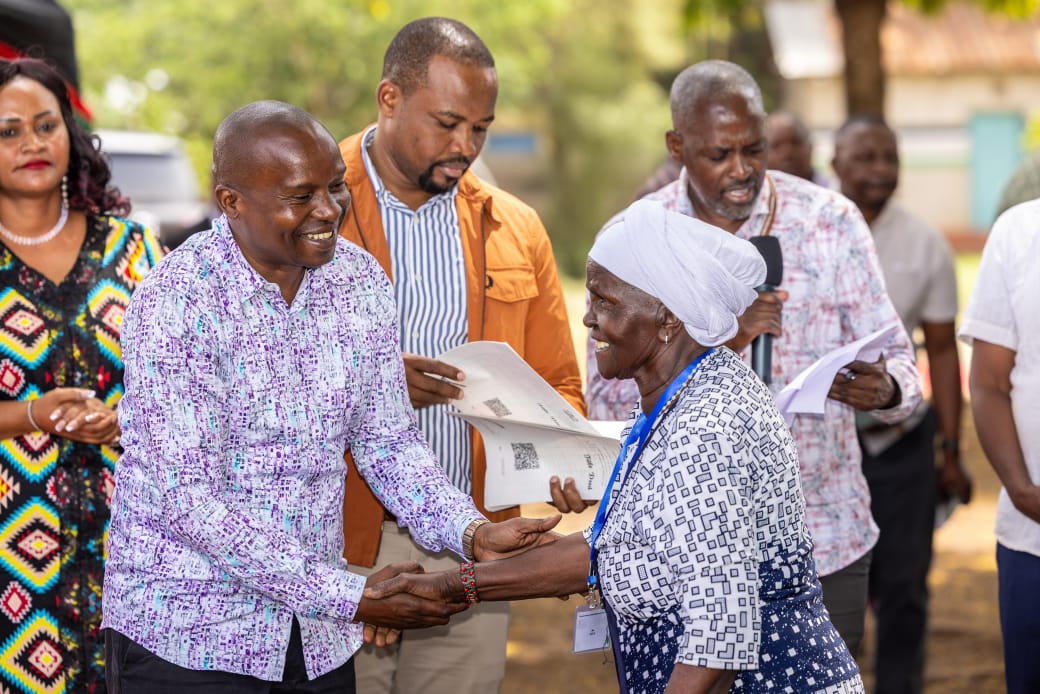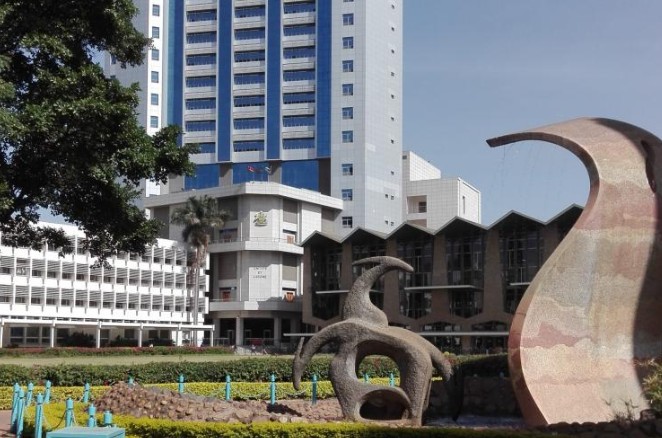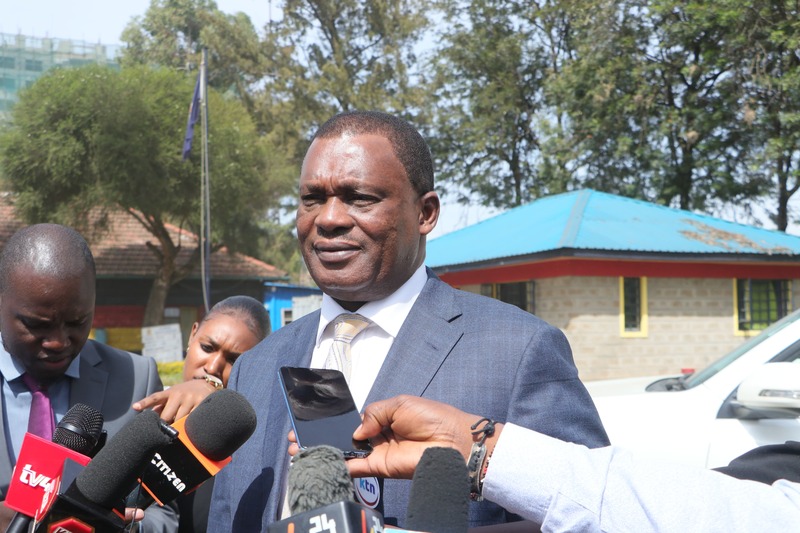Court grants relief to over 1,000 Garissa locals evicted from their homes in 2010

The residents had settled on the land as pastoralists in the 1940s, initially as grazing lands but in the 1980s they put up permanent and semi-permanent homes.
The 1, 122 residents of Garissa County evicted from their homes in 2010 have won against the government at the Court of Appeal in a fight to retain their lands and the compensation awarded to them by the High Court.
The ministers for Lands and Interior had appealed against a High Court order directing them to pay a compensation of Sh200,000 to each of the residents for unlawfully evicting them from their lands.
More To Read
- Agriculture CS nominee Kagwe advocates for mandatory livestock insurance for farmers
- Lawyer Ahmednasir blasts northern Kenya leaders for 'neglecting' their counties
- 2024 mass flooding that ravaged Garissa and Tana River counties
- Garissa, Turkana's unpaid bills to contractors hit Sh9.7 billion in three months
But justices Wanjiru Karanja, Jamila Mohamed and Luka Kimaru of the Court of Appeal in Nyeri dismissed the appeal by the two ministries.
The judges faulted the government for slumbering for a period of almost three years before appealing against the decision of the High Court which had directed the state to facilitate the residents to return to the land, stating that interfering with the decisions "would amount to giving the court's seal of approval to persons who wish to play lottery with the judicial process".
The three appellate judges said the orders were issued by Justice Aggrey Mchelule of the High Court in November 2011 but the government took three years to decide to appeal.
"Upon perusal of the record, we observed that whereas the application for review was dismissed in 2015, the record of appeal was filed in 2017, almost three years later. The appellants filed and served the notice of appeal in accordance with the court of appeal rules, but they decided to go to slumber and when they woke up three years later, they filed the application for review of the judgment," stated the judges.
The judges pointed out that the government had made an application for review of the judgement of the High Court, which they dismissed, and when they went to the Court of Appeal, failed to disclose the same to the judges.
The appeal had been dismissed on February 12, 2015, and the government later appealed in 2017.
"The appellants then collected the proceedings from the trial court two years later and filed the record of appeal. The appellants cannot have their cake and eat it," the judges said in their unanimous ruling.
"Having heard the appeal to its end, we can only make a finding that the same is devoid of merit and dismiss it, which we hereby do, with costs to the respondents (residents)."
The residents were evicted from Bularika, Bulamedina, Sarangui, Naima, and Bulanangali locations as well as Gesto, otherwise known as Medina location, on the night of December 24, 30th and 31st, 2010.
The evictions were supervised by the then Garissa Central District Commissioner Irungu Macharia who stormed the area accompanied by Administration Police (AP) officers and hired youths to oversee the demolitions of the residents' homes.
Pastoralists
The residents had settled on the land as pastoralists in the 1940s, initially as grazing lands but in the 1980s they put up permanent and semi-permanent homes where they were living before the demolitions.
A group of armed AP officers in riot gear and unidentified youths arrived under the command of Macharia, without warning, and began to demolish the residents’ structures which they claimed were built on government land.
The residents attempted resistance but were overpowered by the police officers who used tear gas and physical violence to evict and eject them.
They later sued the ministers for Lands and Internal Security at the time, demanding compensation from the government and orders for their return to their homes.
The evictees told the High Court that the demolition and eviction were carried out without notice and that the two ministers and Garissa Municipal Council had no court order, and they did not engage the residents.
The residents were forced to live and sleep on cold or in make-shift structures and were exposed to the elements and vagaries of nature, health risks, insecurity and lack of basic human necessities such as food, water and sanitation.
They also told the court that many children discontinued education because their families moved away from the schools they had enrolled in.
Trending
